Google X chief says Google learned its lesson from Google Glass saga
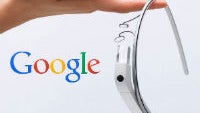
Remember how cool you thought Google Glass was on that April day in 2012 when Google unveiled a video of what was then called "Project Glass"? Donning the wearable device allowed the user to read texts and dictate a response by voice. It also presented navigation for walking in New York City and inside a Strand bookstore in the Big Apple. The capabilities of the camera were displayed as a quick photo was snapped and shared quickly via vocal cues, and a video chat allowed the Glass wearer to share his point-of-view to a lady friend. For most people, their first thoughts upon seeing the video was "I want this," and "Where can I get one?"
At SXSW on Tuesday, the chief of the Google X division that spawned Google Glass admitted that Google made some mistakes in letting hype about the device get way out of proportion to what the product could deliver. Astro Teller told those assembled at the annual festival that the device was merely a prototype and even at $1500, was not a finished product. While Google has stopped selling Google Glass to consumers, it still offers the device to the enterprise.
While Google Glass did become a pop culture item, developers started getting bored with it by last year's fourth quarter. Teller did say that all of the problems that Glass suffered through could be considered a learning process to help Google better prepare for the future of Google Glass and other wearable devices. Google apparently did learn its lesson since it has stated that any new generation of Glasswill not be made public until it is already to be sold to the public. "We allowed and sometimes even encouraged too much attention for the program," Teller said.
source: Reuters
Glass ran into plenty of controversy with some bars saying that they would ban those wearing it from the premises as other patrons would be concerned about being photographed on the sly. Some drivers were ticketed for wearing Google Glass while behind the wheel (although the court tossed at least one case). Worried about Glass users making illegal video copies of movies from their theater seats, the MPAA banned the device from movie theaters.
While Google Glass did become a pop culture item, developers started getting bored with it by last year's fourth quarter. Teller did say that all of the problems that Glass suffered through could be considered a learning process to help Google better prepare for the future of Google Glass and other wearable devices. Google apparently did learn its lesson since it has stated that any new generation of Glasswill not be made public until it is already to be sold to the public. "We allowed and sometimes even encouraged too much attention for the program," Teller said.
source: Reuters




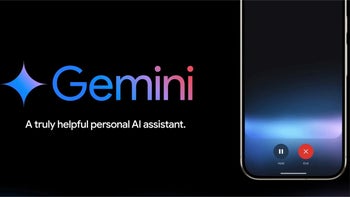
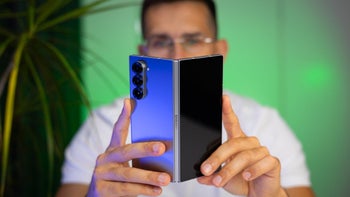
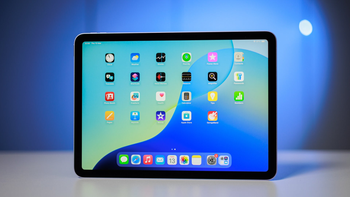
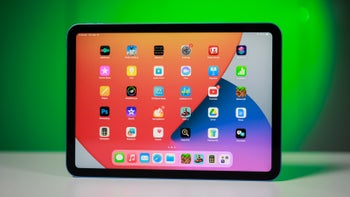
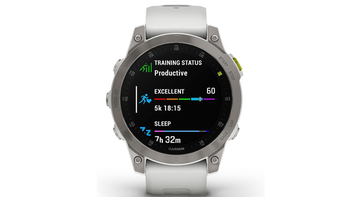
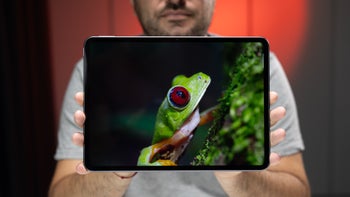
Things that are NOT allowed: